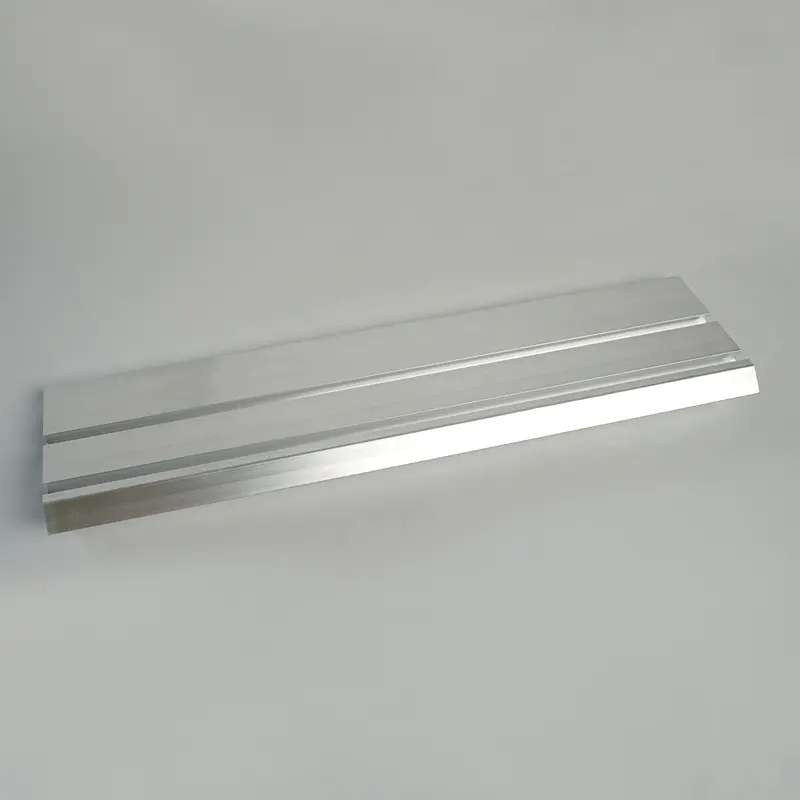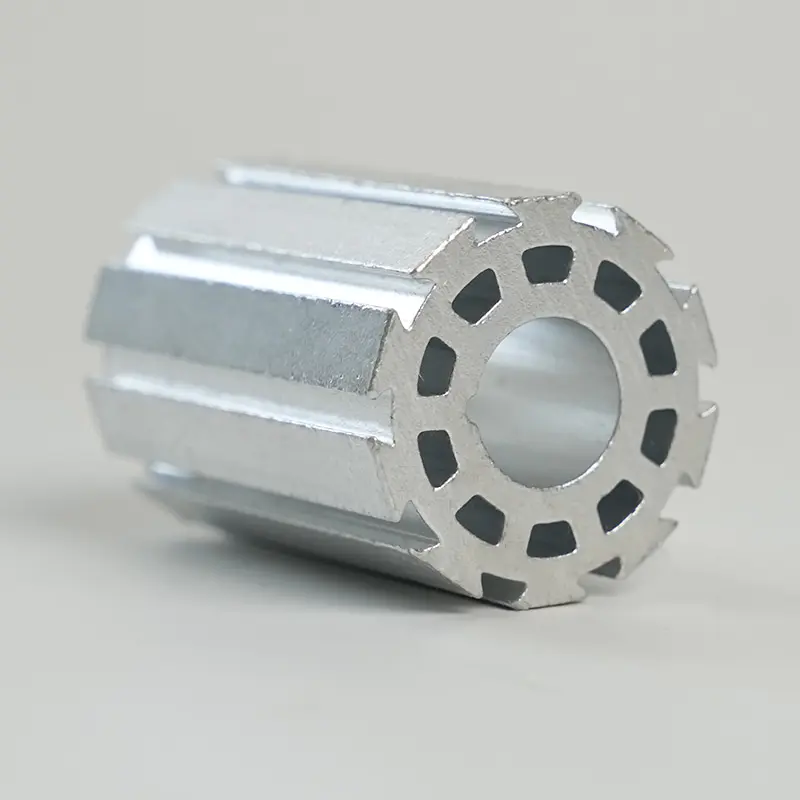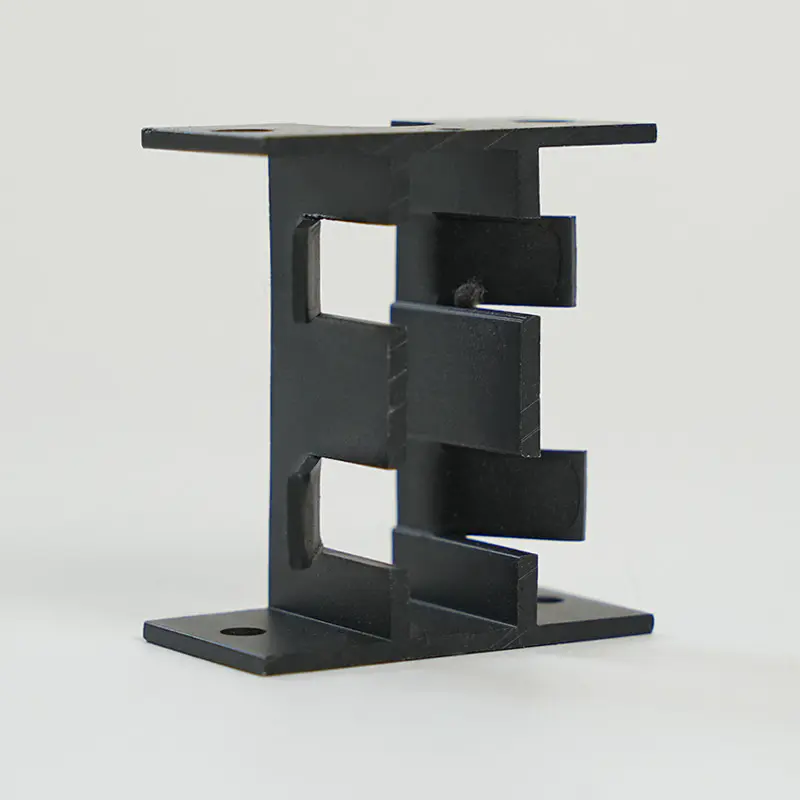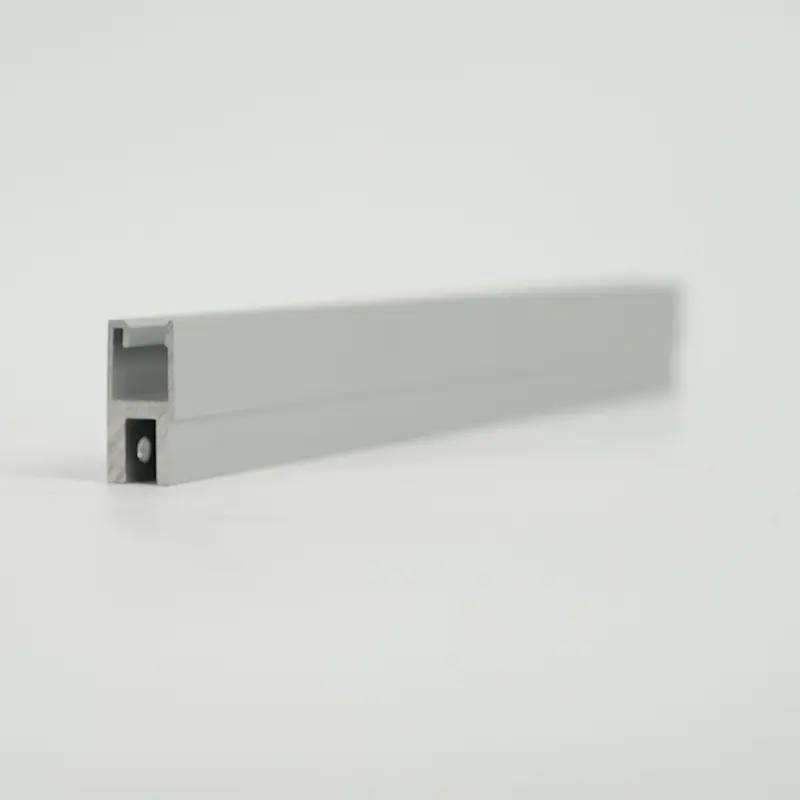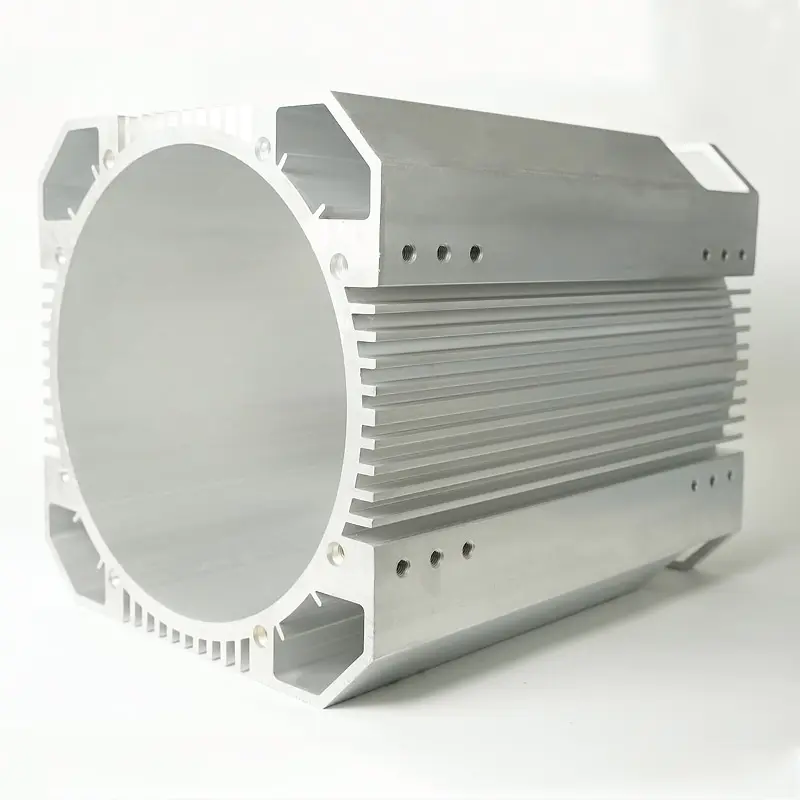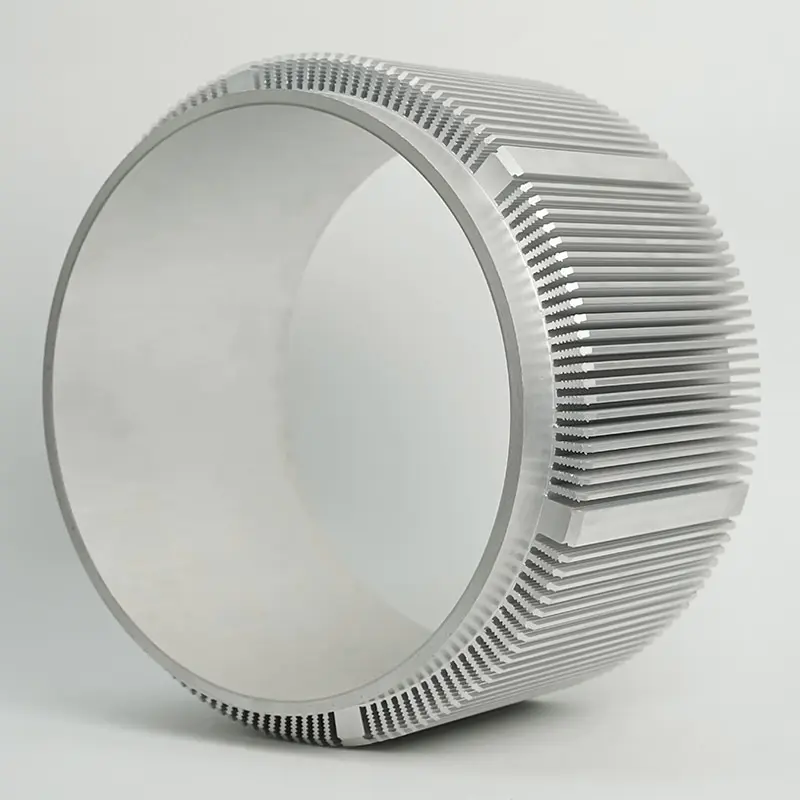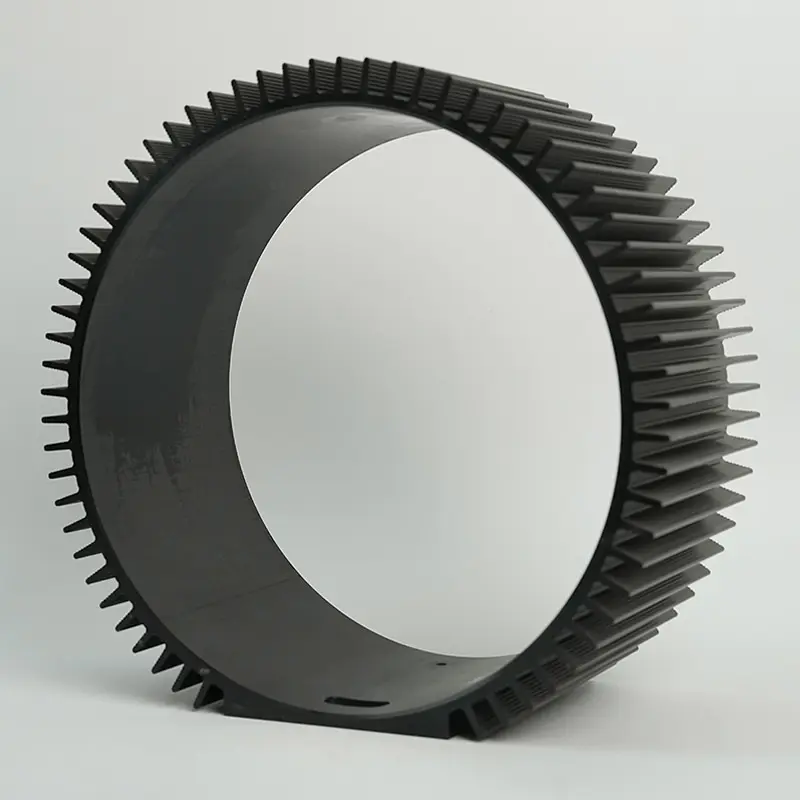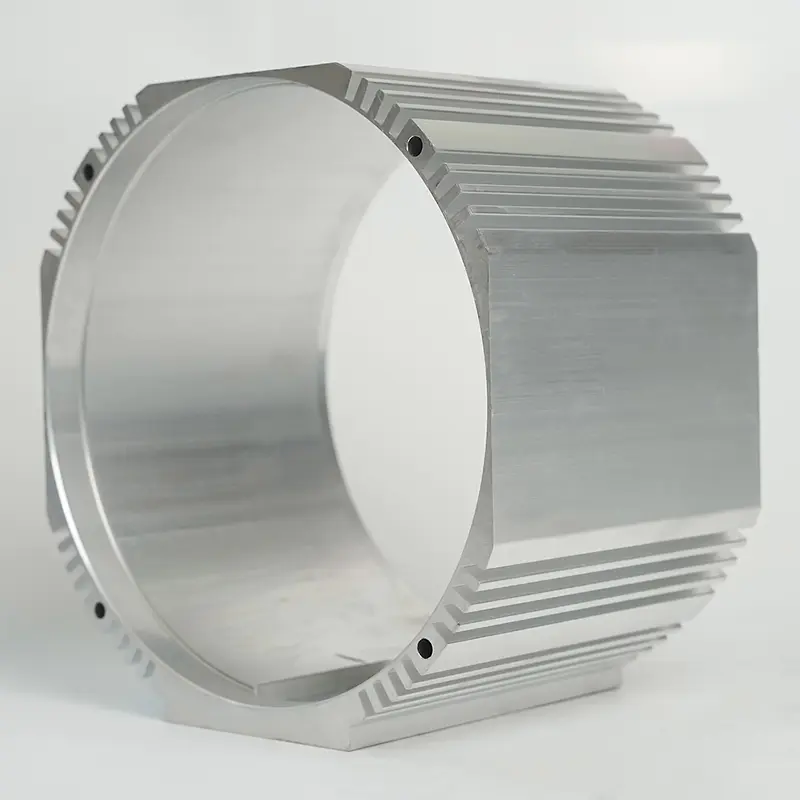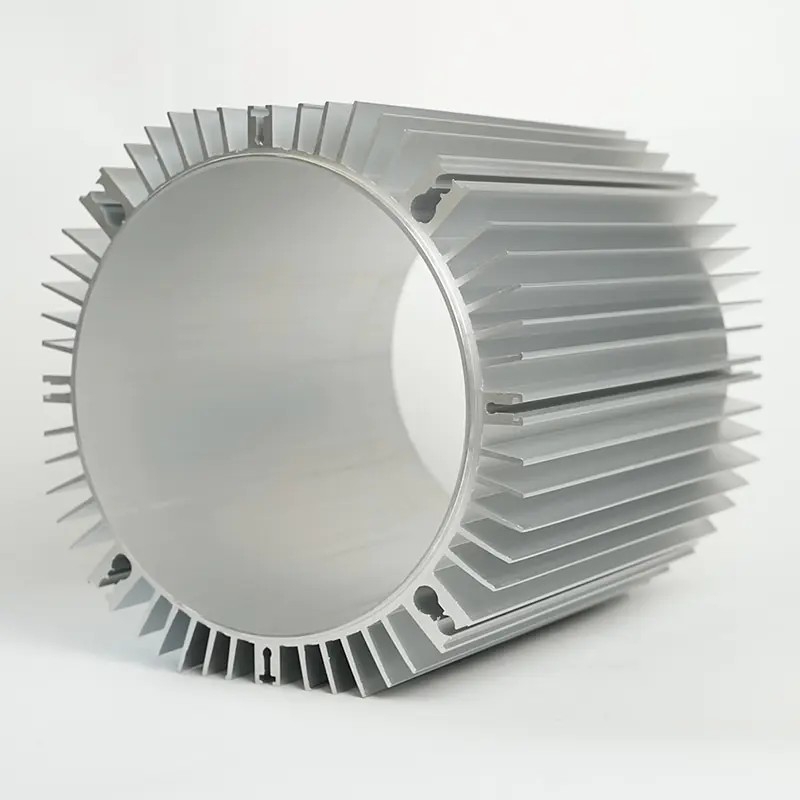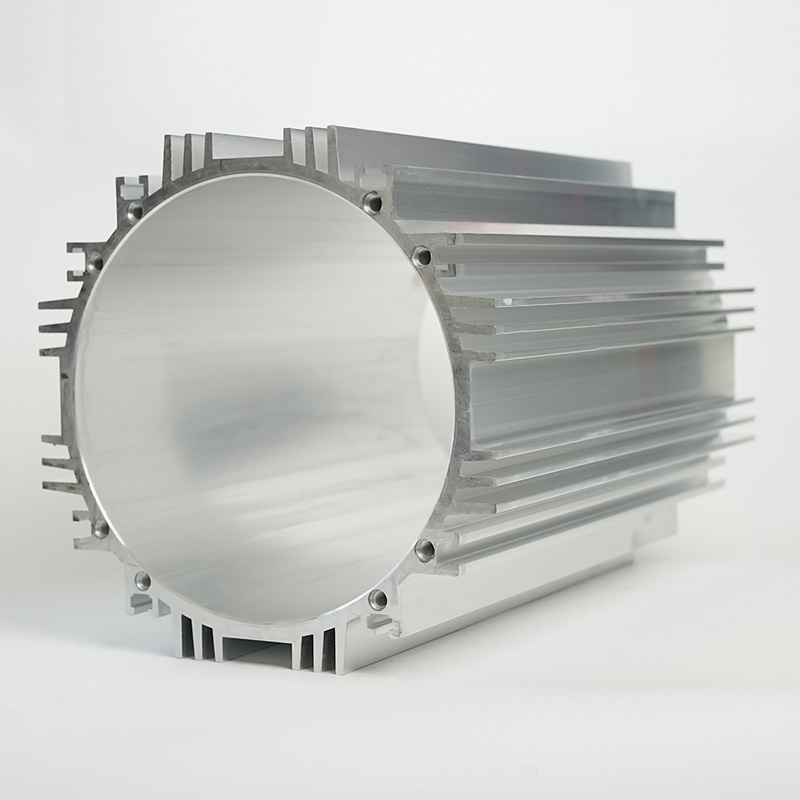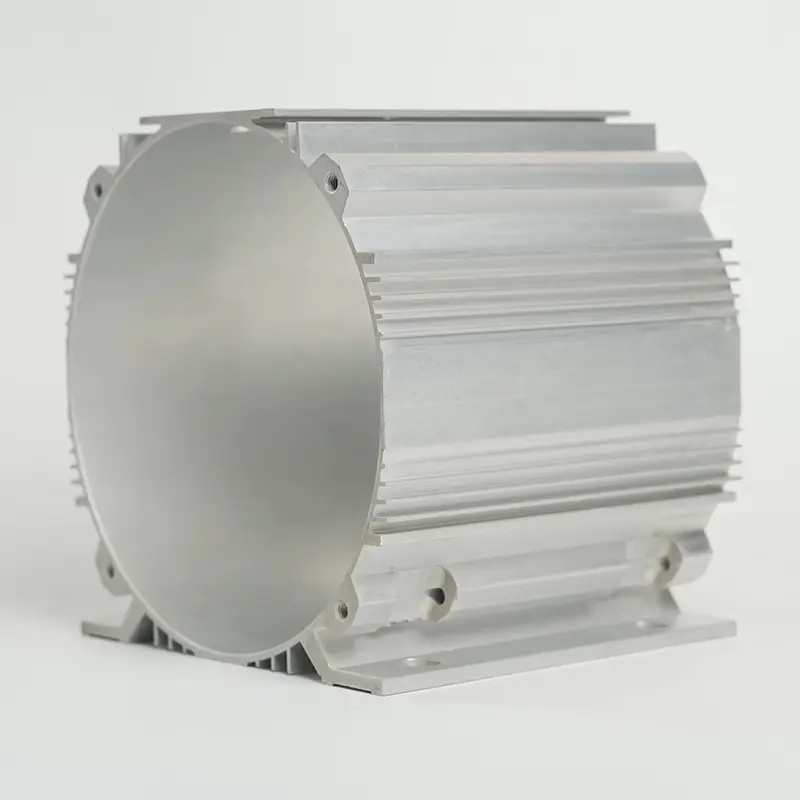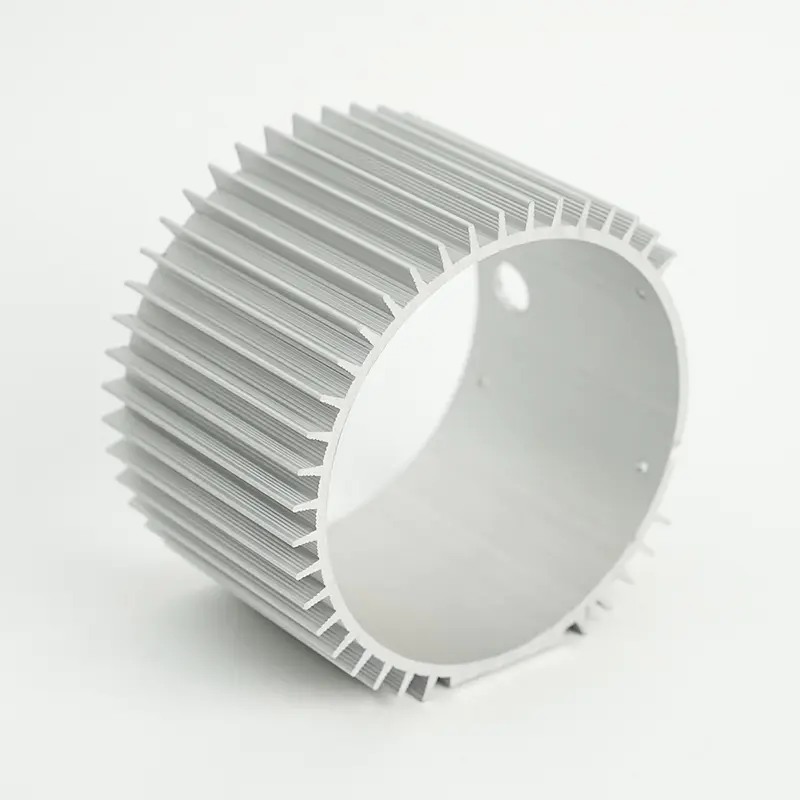As electronic equipment and industrial equipment become increasingly complex and their power continues to increase, the design of the heat dissipation system is becoming increasingly important. The heat dissipation effect of the equipment directly determines its operating stability and long-term durability. Overheating will not only cause the performance of the equipment to decline, but may even cause serious failures. Therefore, how to effectively improve the heat dissipation efficiency and avoid damage to the equipment caused by overheating has become one of the core issues in the technical research and development and manufacturing of many industries. Aluminum Alloy Radiator Housing has become an ideal choice for this challenge due to its excellent thermal conductivity.
1. The relationship between heat dissipation effect and equipment reliability
In modern equipment, the heat dissipation system is one of the key factors to ensure the reliability and long-term operation of the equipment. Whether it is industrial equipment or electronic products, its heat dissipation capacity directly affects the operating efficiency and service life of the equipment. As the power of the equipment increases, traditional heat dissipation materials often find it difficult to meet the needs of efficient heat dissipation, resulting in poor heat dissipation, which in turn affects the stability and durability of the equipment. Especially in high-power, high-load working environments, the efficiency of the heat dissipation system is crucial to the performance and safety of the equipment.
Aluminum Alloy Radiator Housing has excellent thermal conductivity, which can effectively conduct heat in high temperature environment, quickly take away the internal heat, ensure that the equipment maintains a stable temperature during long-term operation, and avoid system failure due to excessive temperature. This efficient heat dissipation performance makes aluminum alloy radiator housing an important guarantee for improving equipment reliability.
2. Challenges of high-power equipment to the heat dissipation system
With the continuous advancement of technology, the power of many devices is getting higher and higher, especially in the fields of industrial production and high-performance computing, and the heat dissipation requirements of these devices are also increasing. Traditional heat dissipation materials often cannot maintain a stable heat dissipation effect under such high loads, thereby increasing the risk of equipment overheating.
When high-power equipment is running, heat is generated at a faster rate. If the heat dissipation system cannot effectively discharge the heat in time, the internal temperature of the equipment will continue to rise. Overheating will cause the performance of the equipment to decline, and even damage the internal electronic components or mechanical parts. The Aluminum Alloy Radiator Housing can quickly export the heat generated by the equipment through its excellent thermal conductivity, keep the internal temperature within a reasonable range, thereby ensuring the continuous and efficient operation of the equipment during long-term operation, and avoiding failures caused by overheating.
3. Thermal conductivity advantage of aluminum alloy heat dissipation housing
As a lightweight material, aluminum alloy has excellent thermal conductivity. Compared with traditional metal materials such as steel, the thermal conductivity of aluminum alloy is significantly improved. This enables the Aluminum Alloy Radiator Housing to quickly transfer the generated heat from the inside of the device to the external environment during the operation of the device, thereby effectively reducing the temperature of the device and avoiding heat accumulation. Especially in the operation of high-power equipment, the high thermal conductivity of aluminum alloy can ensure that the heat is discharged in time, preventing excessive heat accumulation and affecting the stability of the equipment.
In addition, the lightweight characteristics of aluminum alloy also provide more flexibility for the overall design of the equipment, so that the overall weight of the equipment can be reduced while maintaining efficient heat dissipation, further optimizing the performance and convenience of the equipment.
4. Avoid overheating failure and improve equipment life
Overheating failure of equipment will not only lead to performance degradation, but long-term high-temperature working environment will also accelerate the aging of internal components of the equipment and shorten its service life. The efficient heat dissipation performance of the Aluminum Alloy Radiator Housing can maintain the balance of equipment temperature in a high-load working environment, avoid damage to the equipment caused by excessive temperature, and thus greatly extend the service life of the equipment.
With the long-term use of equipment, failures caused by overheating usually lead to higher maintenance costs and downtime. The efficient thermal conductivity of the aluminum alloy heat sink housing effectively reduces these risks, helps the equipment maintain the optimal operating temperature, and reduces the frequency of repairs and maintenance costs. This not only improves the economy of the equipment, but also enables enterprises to reduce operating costs and improve work efficiency.
5. Improve equipment efficiency and reduce operating risks
In the design of modern equipment, the efficiency of the heat dissipation system directly affects the work efficiency of the equipment. With its excellent heat dissipation performance, the Aluminum Alloy Radiator Housing ensures that the equipment can maintain a relatively stable temperature during long-term, high-load operation, which is crucial to improving the overall efficiency of the equipment.
Stable temperature control effect can not only improve the work efficiency of the equipment, but also reduce the downtime caused by failures due to excessive temperature, and avoid the losses caused by production interruptions. In industries that require high-efficiency operation, ensuring long-term stable operation of equipment is one of the key factors in improving productivity and economic benefits.


 English
English Español
Español
